0 0 11 0
On September 24, 2023, the NASA OSIRIS-REx spacecraft delivered a capsule with carbonaceous regolith collected from the near-Earth asteroid Bennu to Earth. The samples were obtained after the probe made a seven-year journey through the Solar System.
"“The sample we returned is the largest reservoir of unaltered asteroid material currently on Earth,” wrote Dante Lauretta, one of the lead authors of the study and the principal investigator of OSIRIS-REx from the University of Arizona.
Initial research showed that the OSIRIS-REx samples demonstrate evidence of carbon and water. Unexpectedly, magnesium phosphate and sodium were also found in them. This ionic compound consists of magnesium cations (Mg2+), sodium cations (Na⁺), and phosphate anions (PO43-).
On Earth, magnesium phosphate and sodium can be found in some minerals and geological formations. Its presence on Bennu surprised the research team, as the substance was not detected in the remote sensing data of OSIRIS-REx before the collection of samples began. The team says its presence "hints that the asteroid may have broken off from a long-gone, tiny, primitive ocean world.
'The presence and state of phosphates, as well as other elements and compounds on Bennu, suggest a watery past for the asteroid. Bennu could potentially have been part of a more humid world. Although this hypothesis requires further investigation," Lauretta said.
OSIRIS-REx obtained the Bennu regolith sample on October 20, 2020, using the Touch-and-Go Sample Acquisition Mechanism (TAGSAM), which consists of a special sampler head located on a articulated arm. Bennu is a small type B asteroid, which is a relatively rare carbonaceous asteroid.
"[Bennu] was selected as a mission target in part because telescopic observations indicated a primitive, carbon composition and hydrated minerals,’ the research publication says.
Further analysis of the samples showed that the predominant component of the regolith sample is phyllosilicates containing magnesium, predominantly serpentines and smectites - types of rocks that are typically found on mid-ocean ridges on Earth. Comparing these serpentinites with their earthly counterparts provides a possible insight into Bennu's geological past. At the same time, the asteroid's surface materials still retain some original features of the protoplanetary disk from which the planets of the Solar System formed. The study also confirmed that Bennu is rich in carbon, nitrogen, and some organic compounds - all of which, except magnesium phosphate, are important components for life found on Earth.
The article about these results was published on June 26 in the journal Meteoritics & Planetary Science.
Source: Space.com.






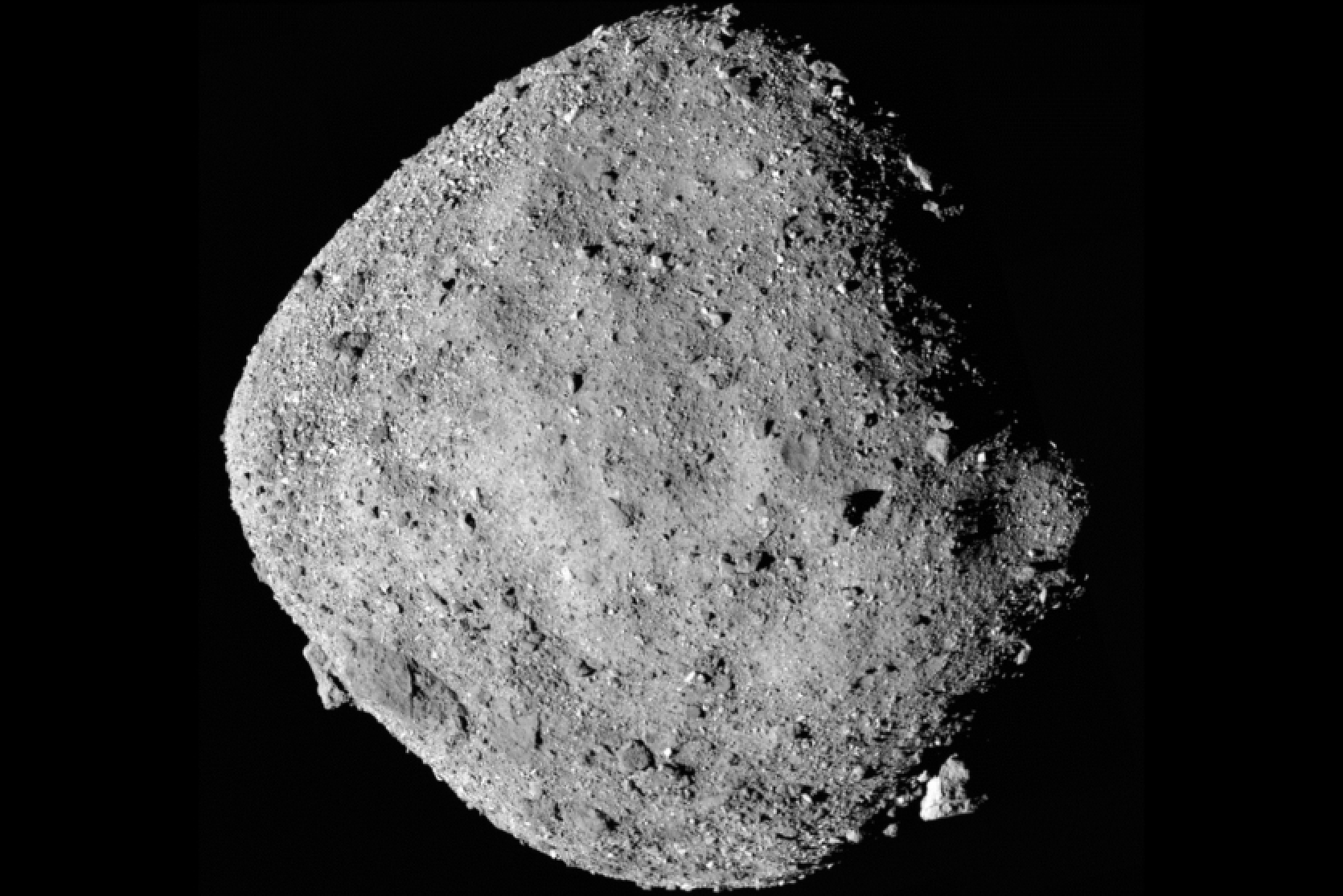


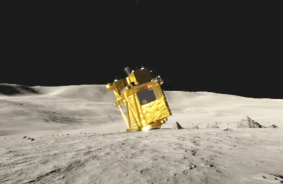
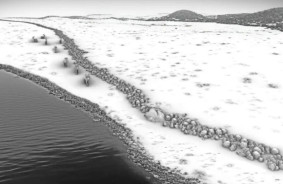
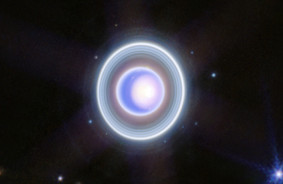

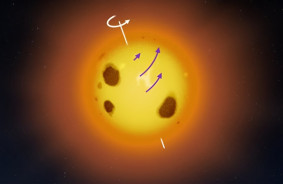
Comments (0)
There are no comments for now